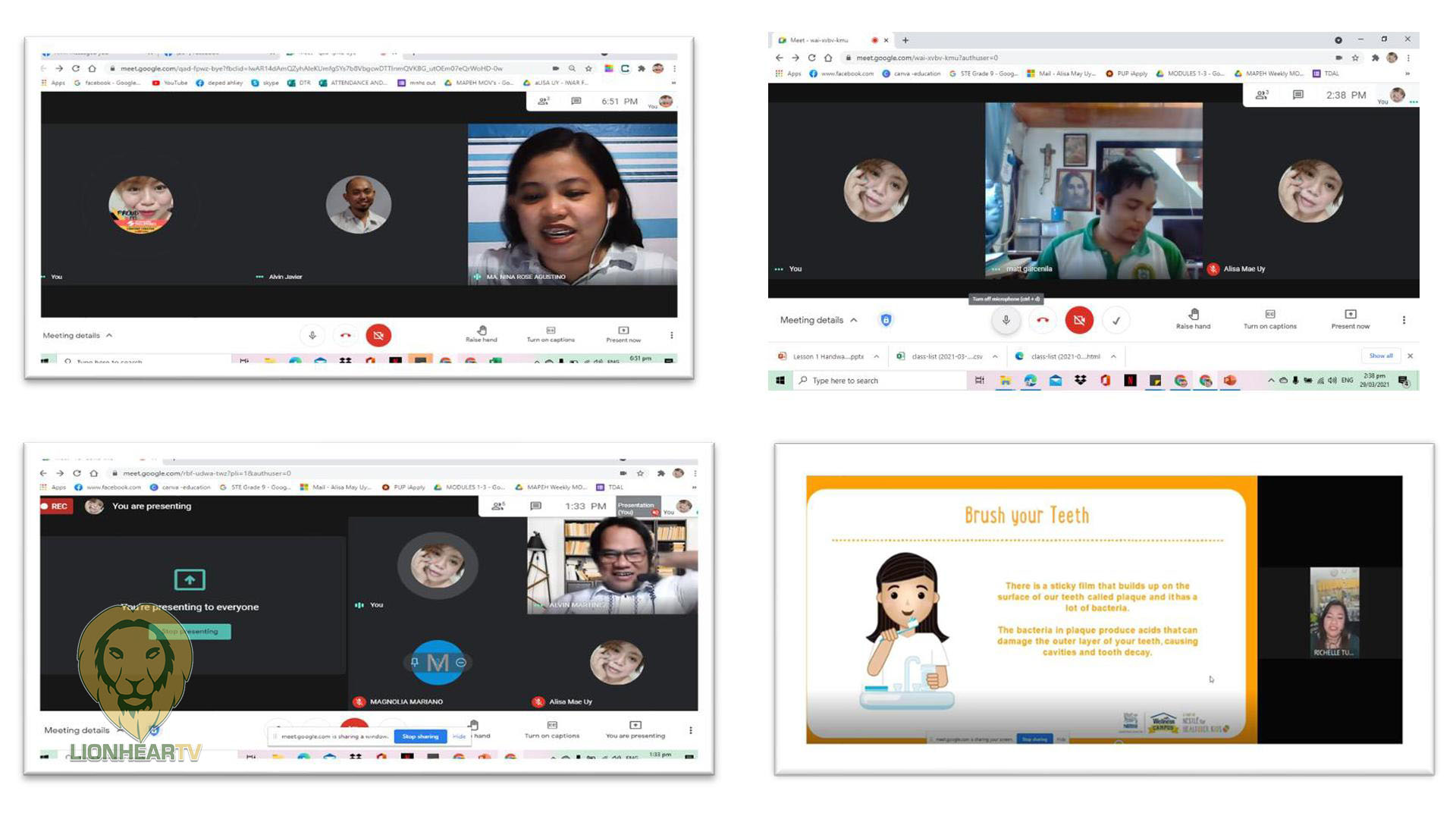COVID-19 is a serious illness the whole world is currently battling, but this should not hinder us from taking care of other health problems. This includes malnutrition, which has been a concern among children, even before the pandemic.
Malnutrition is one of the biggest impediments to human development. Children who are stunted, wasting, or obese may have some trouble performing at school, may experience low self-esteem, and later on, suffer long-term effects as an adult.
According to a report from the Food and Nutrition Research Institute, 26% or 1 out of 4 school children are underweight, which is a condition where children are found to weigh below the standard weight for the child’s age. A survey last year also showed that 62% or 6 out of 10 of households experienced moderate to severe food insecurity — the state in which people are at risk or actually suffering from inadequate consumption to meet nutritional requirements.

Students from Pasig engaged in one of the pre-pandemic activities of the NWC program
In taking care of children’s nutrition, health, and wellness, we help ensure that they can have a brighter future ahead. However, due to lack of knowledge or resources, children are not able to eat food that is of adequate quality and quantity which is the number one cause of malnutrition.
“This is because we all know that an unhealthy child cannot learn as much as one who is healthy, well-fed, and given nutritionally sufficient assistance, especially for those who cannot afford the expense of maintaining healthy children,” DepEd Secretary Leonor Briones said during a Memorandum of Agreement signing last January 2021.

The first inter-school dancercise competition in Antipolo back in 2014
As a Kasambuhay sa Kalusugan of Filipinos, Nestlé ensures that children get the proper nutrition they need through the Nestlé Wellness Campus (NWC) program, in partnership with the Department of Education (DepEd). Established in 2013, the program began with the goal of raising awareness and providing educational materials to pursue wellness daily. One of their activities was a dance program after the flag ceremony to promote an active lifestyle. Nutritionist-dietitians also gave talks about balanced and healthy food choices to address the nutrition gaps and encourage healthier eating habits.
Over the years, NWC grew and was embraced by different DepEd regions. The dance program evolved into an inter-school and inter-region competition to recognize the best schools that have implemented the program in their community. Nestlé is committed to promoting nutrition, health, and wellness in the new normal by providing digital tools such as nutrition and sustainability modules, and wellness song and dance videos to educate students, teachers, and parents on the seven healthy habits they can apply at home.

Teachers using the NWC digital modules in their online classes to promote health and wellness to their students
Nestlé also recognized teachers who went the extra mile to sustain and reinforce its healthy habits and create innovative learning experiences for children. They launched an exclusive NWC Facebook Group to continue their commitment and strengthen the pivot online. In this group which now has more than 47,000 members, teachers get to learn and share best wellness practices in their schools. Additionally, a Facebook Group exclusive for parents is also underway to provide them access to wellness content for their children and the entire family.
The program started at only 250 high schools with a total of 650,000 students in the National Capital Region (NCR) during its first year. Now, NWC has grown to inspire more than 7 million students from Grades 1 to 10 in 13,000 schools to live healthier lives. For SY 2021-2022, Nestlé anticipates the program to reach more than 10 million students across 7 regions nationwide, namely: NCR, CALABARZON, Bicol, Western Visayas, Central Visayas, Northern Mindanao, and Davao.
Collaborating alongside the government, Nestlé drives its purpose by unlocking the power of food to enhance the quality of life for everyone today and for the generations to come. “Nestlé Philippines, as a Kasambuhay sa Kalusugan, is actively engaged in supporting Filipino families to achieve a healthier and active lifestyle, especially in the face of the pandemic,” Kais Marzouki, Nestlé Philippines Chairman and CEO said.
To learn more about how you and your family can start your wellness journey, join the Nestlé Wellness Homeroom Facebook Group. For some inspiration, watch the Kasambuhay for Good docuseries to see how Nestlé and its partners are empowering communities through nutrition, health, and wellness advocacy.


